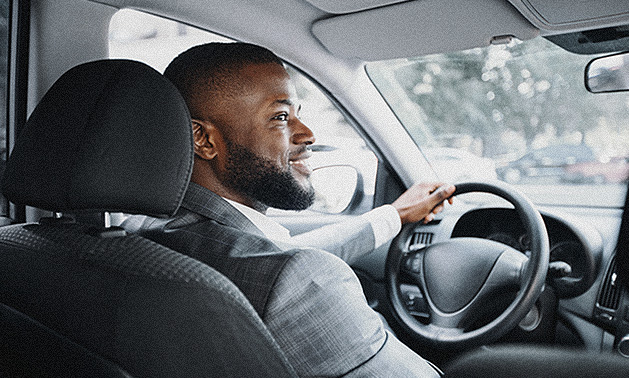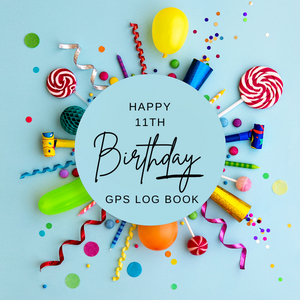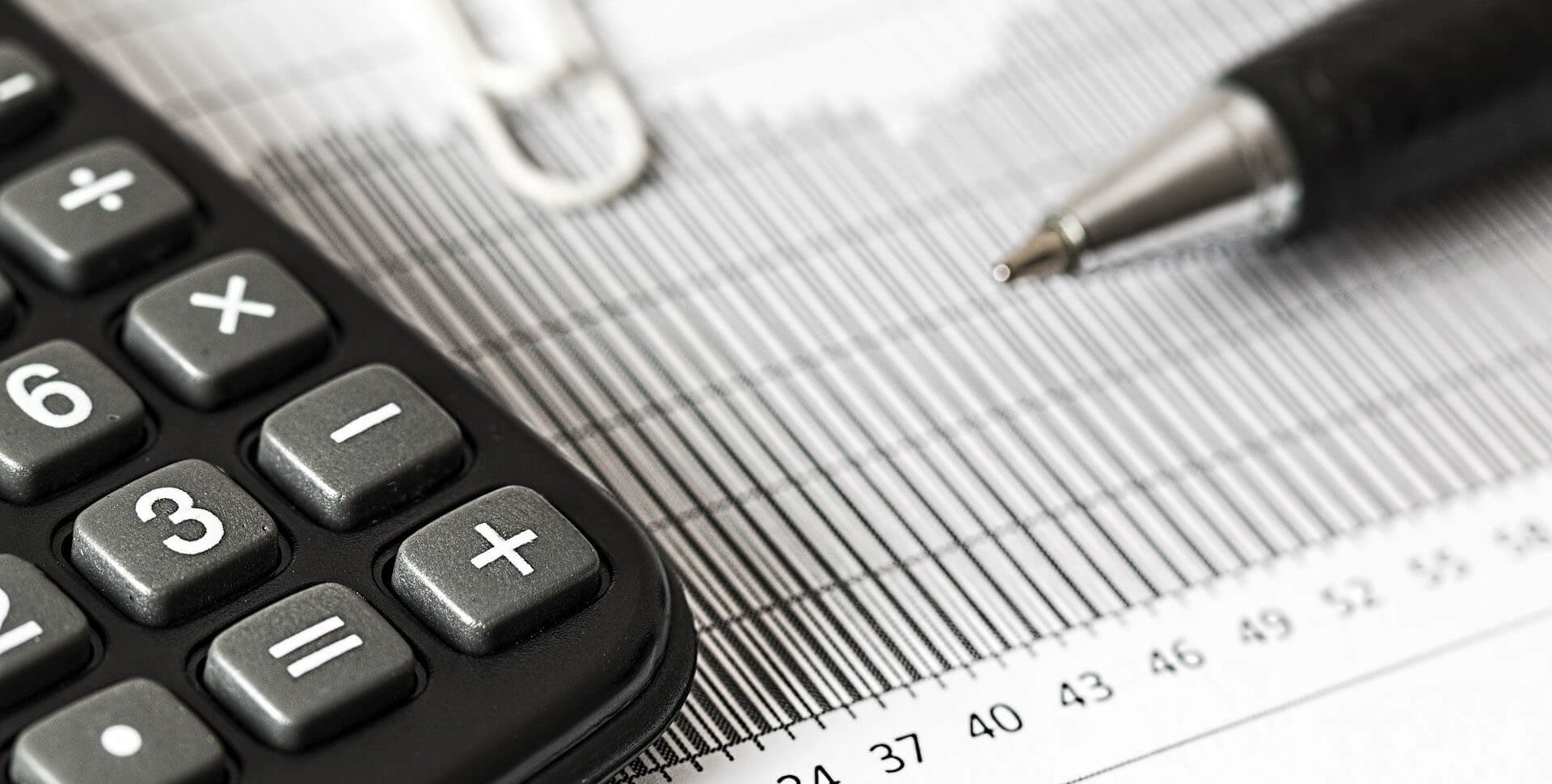A Return To Normal Means A Return To Logbook Keeping
When the Covid-19 pandemic hit South African shores in early 2020, the way we did business changed dramatically. With President Cyril Ramaphosa declaring a national state of emergency and rolling out unprecedented lockdown measures – in line with measures taken in other countries around the globe – businesses of all kinds found themselves scrambling to adapt to remote working conditions.
Many South Africans who previously used their cars frequently for the daily carrying out of their jobs now found themselves now doing much of their work remotely. In-person sales calls, for example, dropped off sharply during 2020. This remained constrained in 2021, with many sales reps choosing to – or in some cases being forced to – conduct virtual sales calls with clients much of the time.
However, with the largely mild Omicron variant spreading so fast and infecting so many South Africans in late 2021, along with the government’s widespread vaccination efforts, large swaths of the population have now become resilient – if not completely immune – to the virus.
As a result, Ramaphosa has dropped most of the restrictions and many businesses are returning to normal operations. Under revised alert level 1, businesses are mostly free to operate as before – except for a bit of hand sanitiser and face masks – and so reps and other professionals who used to travel a lot for their jobs can now get out and about again like they used to.
So far in 2022, in-person meetings and sales calls, as well as technical or artisan callouts, besides others, have steadily been returning to almost pre-pandemic levels, signalling a much-desired return to normal.
A Return To Travel Log Books
For almost two years, many South Africans who typically use their cars for doing their jobs didn’t have to, meaning that their travel logbooks gathered dust. Now that things are returning to normal, a return to detailed logbook keeping is key.
The South African Revenue Service (SARS) requires that travel logbooks be kept for anyone who uses their personal vehicle to conduct business. Businesses also need these to be well-kept in order to verify travel expense claims. This means keeping track of all business-related trips, including the distance travelled, the start and end locations, as well the purpose of each trip – excluding trips between home and the office each day.
Logging these details is not just so that one can claim tax back from the taxman for such trips, or to justify the issuance of tax-free travel allowances that are incorporated into many peoples’ salaries. They’re also extremely important for employers who want to keep track of road-bound employee’s comings and goings, as well as to verify the travel expense claims that employees submit.
The problem that many employers have, however, is that pen-and-paper logbooks can be fudged. Many employers complain that road-bound employees can be dishonest about their trips. The reasons for this kind of behaviour is varied – ranging from exaggerating details so they can claim more back than they ought, to outright lying about trips so that they can play truant.
Now that employees are back on the roads in full force, and with petrol prices going through the roof and hitting everyone’s pockets hard, many employers are looking for ways to verify the travel expense claims submitted to them to ensure that they are not the ones being taken for a ride.
Automated Trip Tracking
The good news is that, although travel logbooks remain essential, pen-and-paper logbooks are no longer necessary. Thanks to modern technology, all this admin can be automated, thereby ensuring that travel records are more accurate than ever before and impossible to tamper with.
Our GPS Log Book devices are incredibly easy to use, giving employers the ability to verify the whereabouts of employees, the routes they take, the locations they visit, as well as their speed and driving habits.
Our GPS Live device, for example, offers live tracking of vehicles fitted with the device. All you need to do is register it, then plug it in the vehicle’s OBD-II port and then let it track the vehicle’s travel. Various personalisation options are available so that your device can recognise locations visited frequently – such as the office, home or certain clients, making it easy to recognise locations in the report.
Our devices and the associated software interface seamlessly with Google Maps to provide accurate and detailed recording of every trip. Plug it in and let it do your admin for you, while resting assured that any fraud on the part of drivers will be easily uncovered.
All manner of reports can be generated from the data collected by the device, including SARS compliant travel logs, tax detailed reports, tax summary reports, tax business trips reports, vehicle trip lists, business travel claim reports and zone detail reports.
For more information on our devices and how they can help you, contact us now! Let your return to normal include never having to worry about being duped ever again. Allow GPS Log Book to keep tabs for you and keep your travel claims SARS-compliant.




